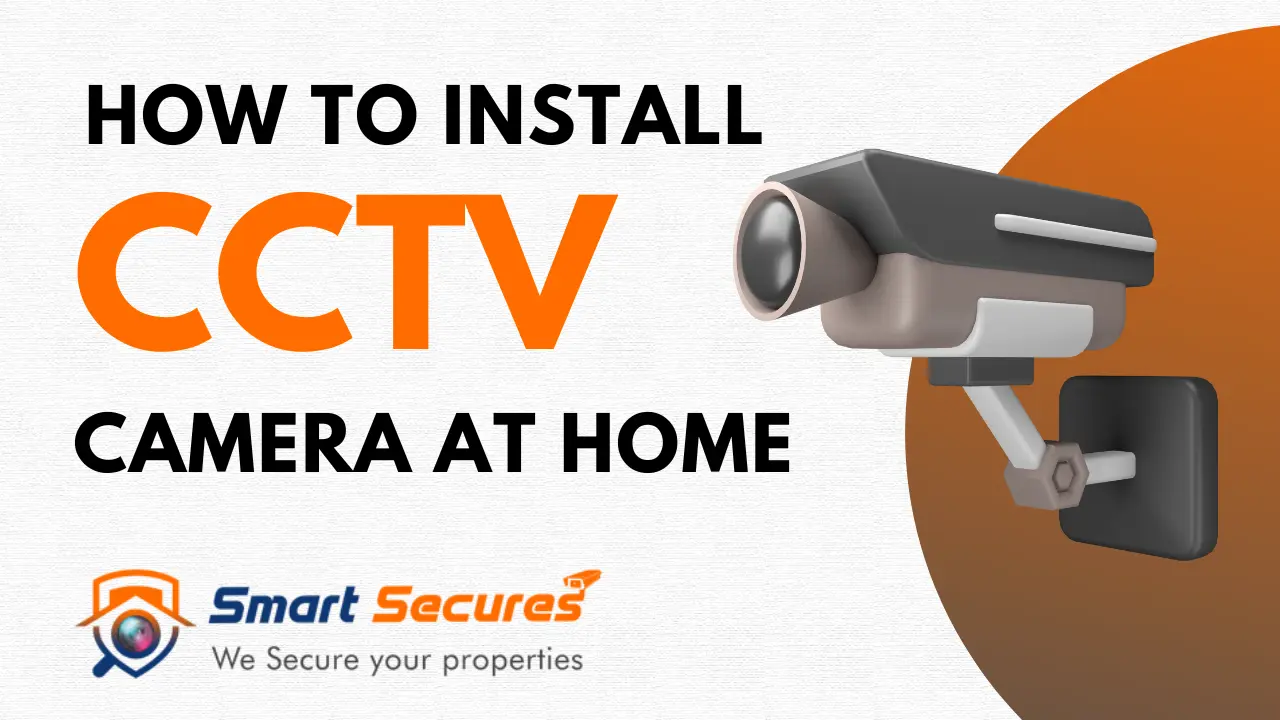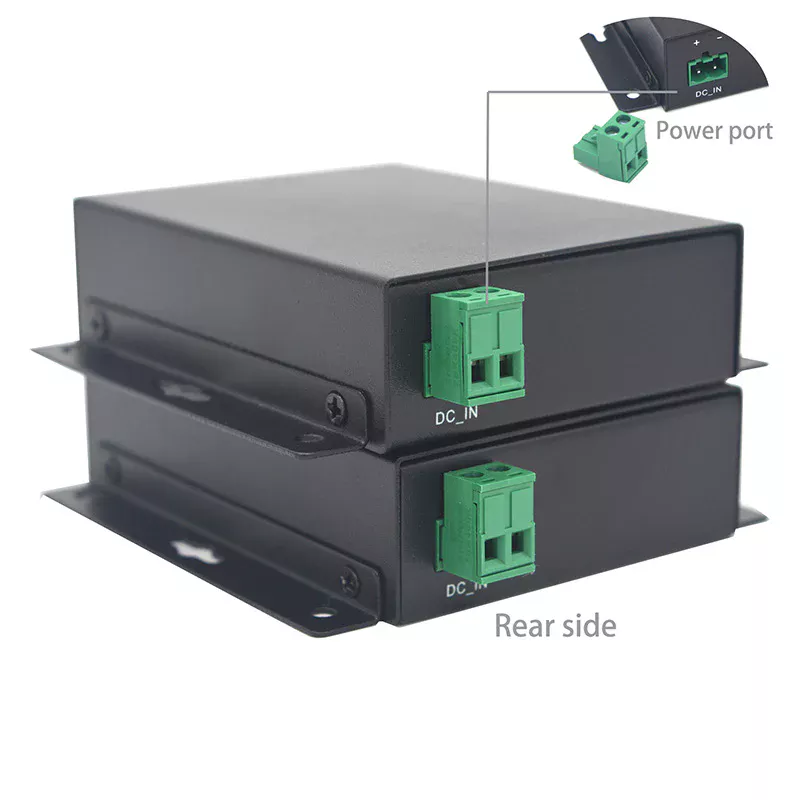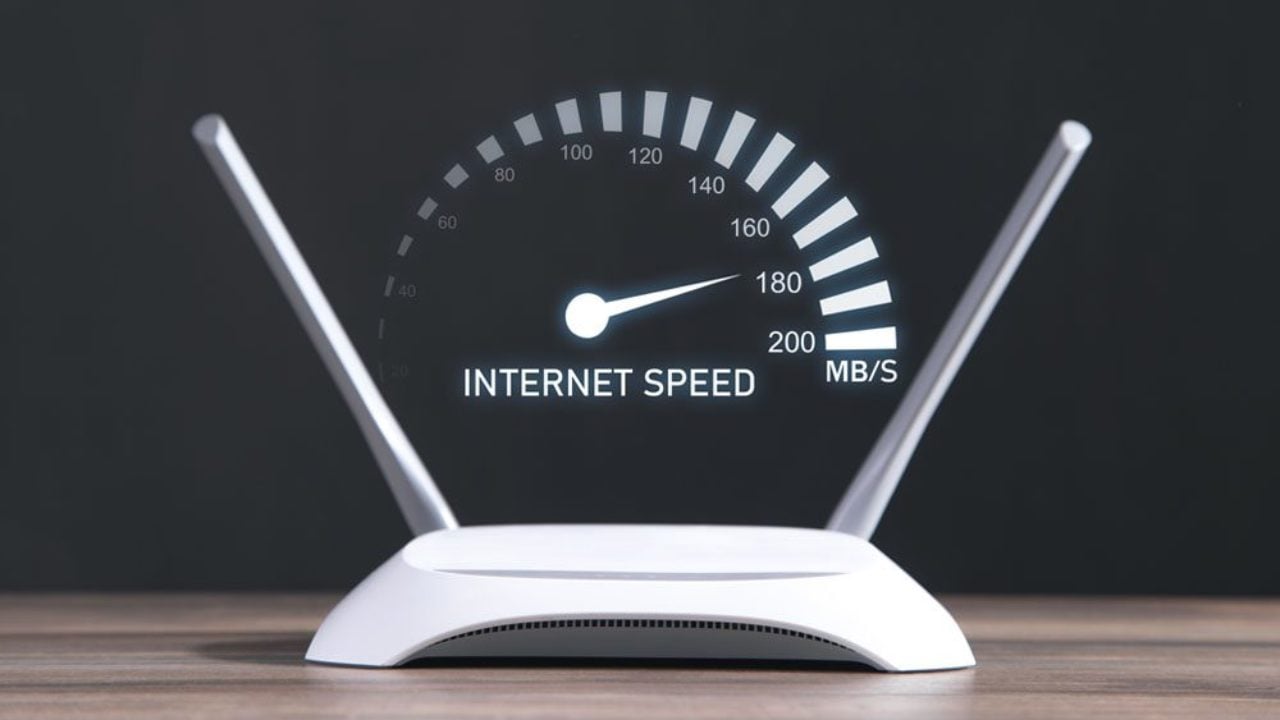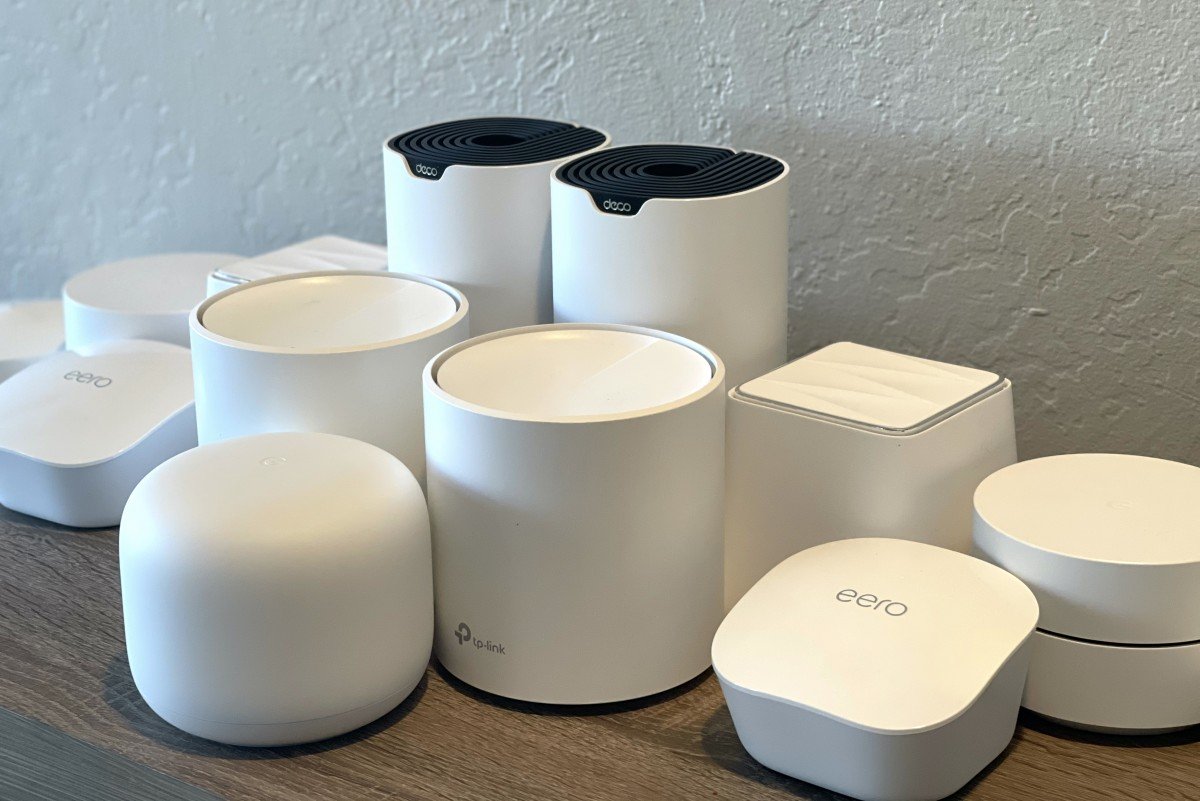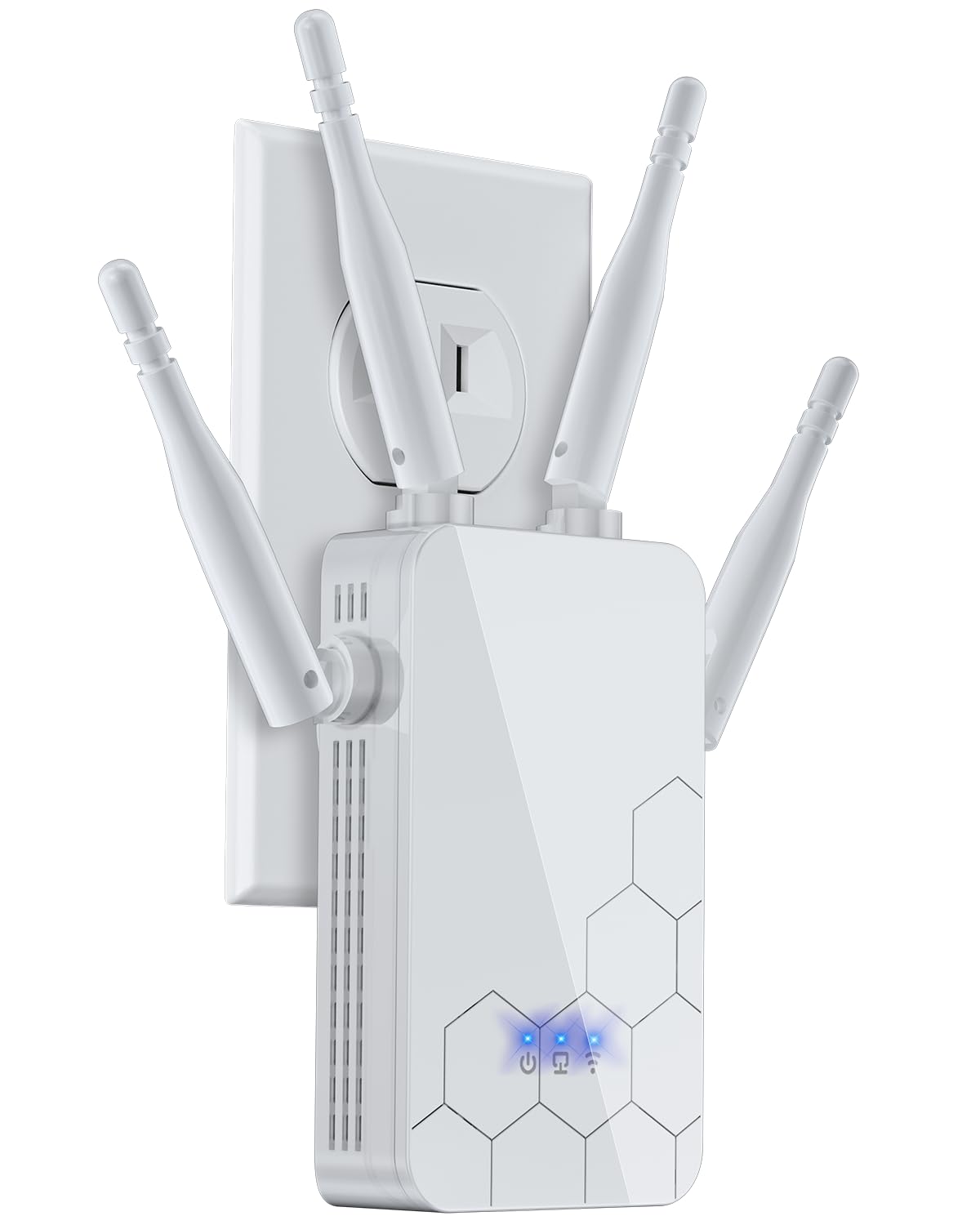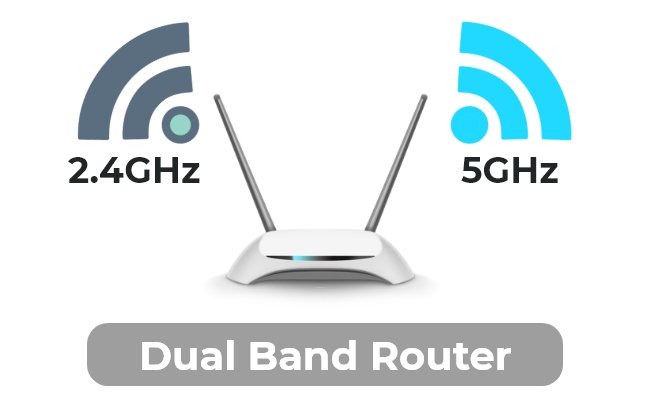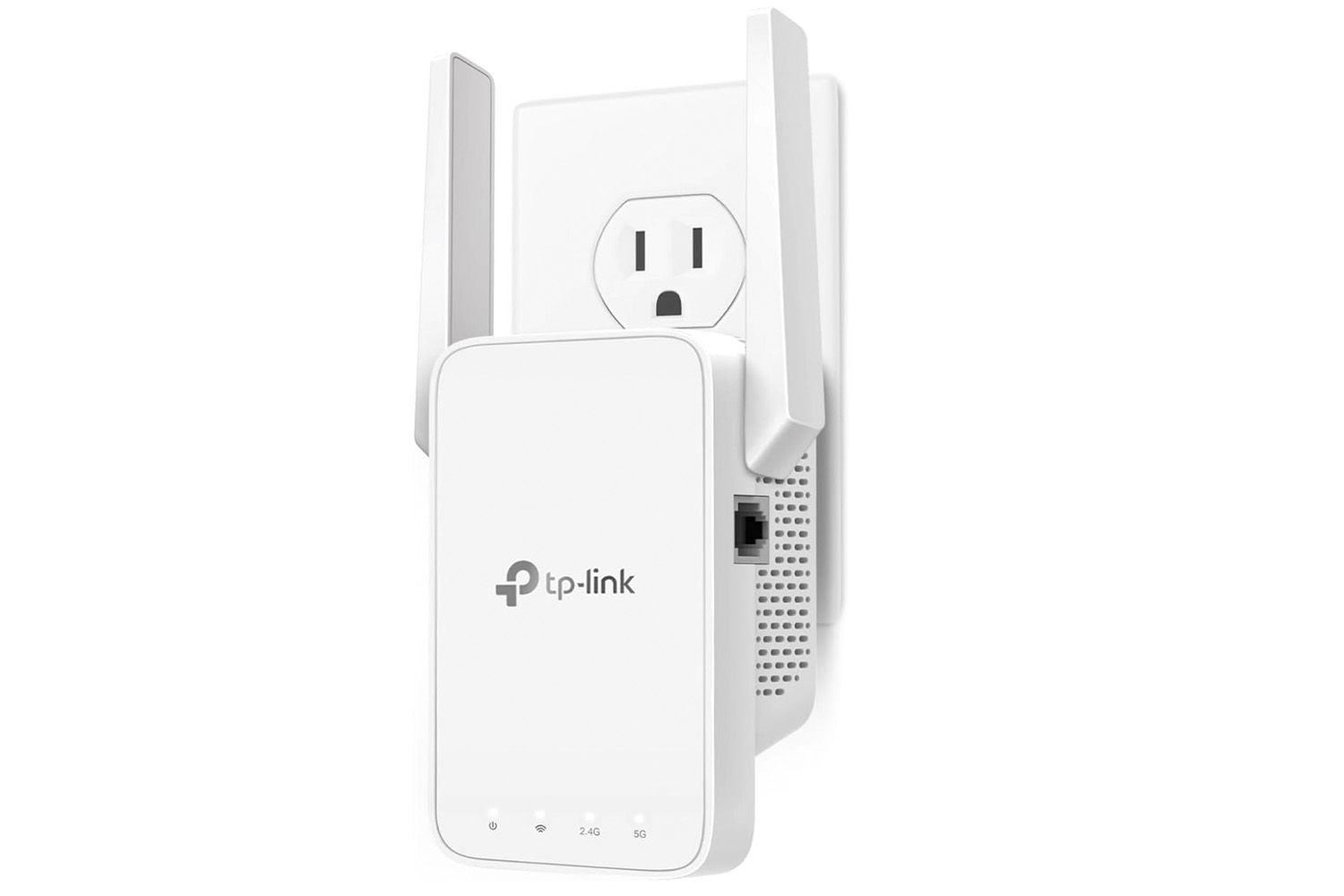Are you worried about keeping your home and loved ones safe but don’t know where to start? Smart security can feel complicated, but it doesn’t have to be. Smart Security Beginners
Imagine having a system that watches over your property, alerts you instantly if something’s wrong, and even lets you control everything right from your phone. Sounds great, right? In this guide, you’ll discover simple, effective ways to boost your security without the confusion.
Ready to take control and protect what matters most? Let’s dive in.

Credit: www.youtube.com
Choosing The Right Smart Security System
Smart security systems help protect your home and family. They use technology to keep you safe.
Choosing the right system can be hard. You need to know what devices and features fit your needs.
Types Of Smart Security Devices
There are many smart security devices. Each one protects your home in different ways.
- Smart cameras watch your home and send alerts.
- Smart locks let you lock and unlock doors remotely.
- Motion sensors detect movement and can trigger alarms.
- Door and window sensors alert you if they open.
- Smart alarms sound loud warnings during intrusions.
Key Features To Look For
Good smart security systems have features that make them easy and effective.
- Remote access lets you control devices from anywhere.
- Real-time alerts notify you of any issues fast.
- Easy installation saves time and effort.
- Compatibility with other smart home devices adds value.
- Strong encryption keeps your data safe from hackers.
Budget Considerations
Smart security systems come in many price ranges. Choose one that fits your budget.
Think about upfront costs and any monthly fees for monitoring services.
| Cost Aspect | Details |
|---|---|
| Initial Price | Price of devices and setup |
| Subscription Fees | Monthly charges for extra services |
| Installation | Do-it-yourself or professional help |
| Maintenance | Replacing batteries and updating software |
Setting Up Your Smart Security
Setting up smart security is easier than you think. It helps keep your home safe and gives peace of mind.
This guide will help you place cameras and sensors, connect devices, and set alerts.
Placement Of Cameras And Sensors
Put cameras where they can see main entrances and driveways. Avoid pointing them at windows to reduce glare.
Place motion sensors in hallways and rooms where people pass often. Keep sensors away from heating vents.
- Install cameras 8 to 10 feet high for a good view
- Use sensors in places with little furniture
- Avoid obstacles blocking sensor signals
Connecting Devices To Your Network
Connect cameras and sensors to your home Wi-Fi for remote access. Use strong passwords for security.
Check if your router supports all devices. Use a separate network for smart devices if possible.
- Find your Wi-Fi name and password
- Follow device instructions to connect
- Test connection by viewing devices on your phone
Configuring Alerts And Notifications
Set alerts to get notified when motion is detected or doors open. Choose which alerts are important to you.
Customize notification sounds and timing. Turn off alerts during times you do not want interruptions.
- Enable push notifications on your phone
- Set alert sensitivity to reduce false alarms
- Schedule quiet hours for alerts
Enhancing Home Safety With Automation
Smart security systems help protect homes using technology. Automation makes safety easier and more reliable.
With smart devices, you can control your home security anytime. These tools add convenience and peace of mind.
Integrating Smart Locks And Alarms
Smart locks let you lock and unlock doors remotely. They work with alarms to alert you about intrusions.
These systems notify you if someone tries to open a door. You can also give temporary access to guests or workers.
- Control door locks from your phone
- Receive alerts for forced entry
- Set unique access codes for different people
- Integrate alarms that sound on break-ins
Using Smart Lighting For Security
Smart lights can turn on or off automatically. They make it look like someone is home even when you are away.
Lights connected to motion sensors can scare off strangers. You can also control lighting to improve visibility around your home.
- Set lights to turn on at night
- Use motion sensors to activate lights
- Control lights remotely via phone apps
- Schedule lights to follow your daily routine
Scheduling And Remote Control
You can schedule smart devices to work at set times. This helps maintain home security even when you forget.
Remote control lets you check and manage your home from anywhere. You can turn devices on or off with a few taps.
- Create schedules for locks, alarms, and lights
- Use smartphone apps to control devices remotely
- Receive real-time notifications about your home
- Adjust settings quickly based on your needs
Credit: njit.edu.pl
Maintaining Your Smart Security System
Keeping your smart security system in good shape is important. It helps your devices work well all the time.
Regular care lets you catch problems early. This way, your home stays safe and protected.
Regular Updates And Firmware Checks
Check for software updates often. Updates fix bugs and add new features to your system.
Firmware controls how devices work. Make sure it is always the latest version for best performance.
- Set your system to update automatically if possible
- Manually check updates once a month
- Restart devices after updates to apply changes
Battery Replacement And Device Care
Batteries power many smart security devices. Replace them before they run out to avoid outages.
Keep devices clean and dry. Dust and moisture can cause malfunctions or damage.
- Check battery levels monthly
- Use the recommended battery type
- Wipe devices gently with a dry cloth
- Place devices away from direct sunlight and water
Troubleshooting Common Issues
If your system acts strange, try simple fixes first. Many problems have easy solutions.
Restart devices and check your internet connection. This often resolves connection problems.
- Make sure devices have power and batteries
- Check if the app is updated and working
- Reset devices if they freeze or do not respond
- Contact support if issues continue
Protecting Your Privacy And Data
Keeping your privacy and data safe is very important in today’s world. Many devices and apps use your information, so you must be careful.
Smart security helps you protect your personal details from thieves and hackers. You can take simple steps to stay safe online and offline.
Securing Your Wi-fi Network
Your Wi-Fi network connects all your devices to the internet. If it is not secure, others can access your data without permission.
Use a strong password for your Wi-Fi and change it often. Also, update your router’s software to fix security issues.
- Use WPA3 encryption for better security
- Change default router login details
- Turn off Wi-Fi when not in use
- Create a separate network for guests
Using Strong Passwords And Two-factor Authentication
Strong passwords help stop hackers from guessing your login details. Use different passwords for every account.
Two-factor authentication adds an extra step to verify you are the real user. It makes your accounts safer from attacks.
- Use a mix of letters, numbers, and symbols
- Make passwords at least 12 characters long
- Use a password manager to keep track
- Enable two-factor authentication on important accounts
Understanding Data Sharing Policies
Apps and websites often collect your data. Knowing their data sharing policies helps you control what information you share.
Always read the privacy policy before using a new app or service. Look for what data they collect and who they share it with.
- Check if data is shared with third parties
- Find out how your data is stored and protected
- Look for options to limit data sharing
- Delete accounts and data if you stop using a service

Credit: www.freepik.com
Smart Security Tips For Different Home Types
Smart security systems help protect homes from theft and damage. Different homes need different security tips. Understanding these tips can keep your home safe.
This guide covers smart security tips for apartments, single-family homes, and vacation properties. Each type has unique challenges and solutions.
Apartments And Condos
Apartments and condos often share walls and entrances. Smart security should focus on controlling access and monitoring common areas.
Use smart locks and video doorbells to watch who enters your unit. These devices work well with smartphone alerts.
- Install smart locks on your door to avoid lost keys.
- Use video doorbells to see visitors remotely.
- Set up motion sensors in your entryway.
- Check security camera coverage in shared spaces.
- Coordinate with building management for shared security systems.
Single-family Homes
Single-family homes have more outdoor space and points of entry. Smart security should cover doors, windows, and the yard.
Use smart cameras, motion lights, and alarms to protect your entire property. These tools can alert you to unusual activity fast.
- Install smart cameras at front and back doors.
- Use motion-activated outdoor lights.
- Secure all windows with sensors.
- Use smart alarms for break-in alerts.
- Consider smart garage door controls.
Vacation And Rental Properties
Vacation and rental homes need security that works without your daily presence. Remote monitoring and access control are very important.
Smart locks with temporary codes and cameras with remote view help you manage the property safely. Alerts notify you of any problems.
- Use smart locks with temporary access codes.
- Install cameras with remote live viewing.
- Set up alerts for unusual activity.
- Control lighting remotely to simulate occupancy.
- Check sensors for doors and windows regularly.
Frequently Asked Questions
What Is Smart Security For Beginners?
Smart security uses connected devices to protect homes and businesses. It includes cameras, alarms, and sensors that you control remotely. Beginners can easily install and manage these systems to enhance safety and monitor their property anytime, anywhere.
How Does Smart Security Improve Home Safety?
Smart security offers real-time alerts and remote monitoring. It helps detect unusual activity instantly and allows quick response. These systems also integrate with smart devices, making your home safer through automation and constant surveillance.
Are Smart Security Systems Easy To Install?
Yes, most smart security systems are designed for easy DIY installation. They come with clear instructions and wireless components. This simplicity helps beginners set up effective protection without professional help or complex wiring.
Can Smart Security Systems Work Without Internet?
Some smart security devices operate offline using local storage. However, most features like remote alerts and cloud access need internet. Reliable internet ensures full functionality and real-time monitoring for better security.
Conclusion
Smart security is essential for peace of mind. It safeguards your home and loved ones. Start small and expand as needed. Choose devices that fit your lifestyle. Stay informed about new technology trends. Simple steps can make a big difference.
Secure your home with effective solutions today. Remember, safety should always be a priority. Embrace smart security for a safer environment. Protect what matters most to you. With the right tools, you can enhance your security effortlessly. Stay alert, stay secure.
18 min read

